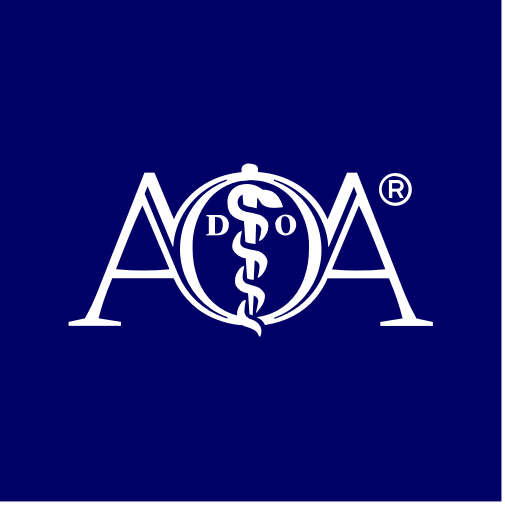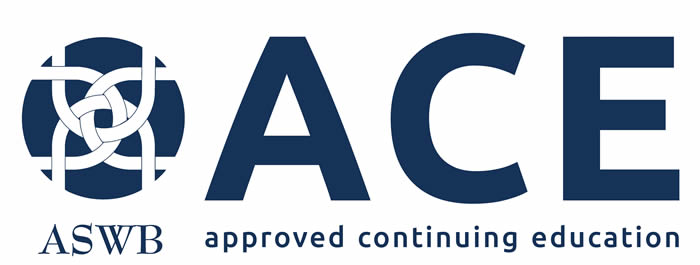
COURSE CREDITS & HOURS
16 AMA PRA Category 1 Credits™16 ACPE Credits
16.0 Contact Hours
16 CE Credits for Psychologists
16 ASWB ACE Credits
2.5 Hours of Pharmacology for Nurse Practitioners
COURSE FEES
TARGET AUDIENCE
PROGRAM PURPOSE
Children with developmental disabilities represent a diverse population with a variety of causes, a variety of conditions and a wide range of developmental, behavioral, and medical manifestations.
The care of children with developmental disabilities, therefore, requires an appreciation of the complexities of diagnosis, and management involving medical care, promotion of optimal development and education, and attention to social, emotional, environmental and economic factors that influence the children, the family and the community.
This series of lectures will provide for the audience a framework for understanding the complex set of conditions characterized as developmental disabilities. In addition, there will be an orientation to the genetic and environmental factors that result in developmental disabilities and we will offer strategies for addressing these challenges to promote optimal health and well being for the children.
Topics:
- Introduction to Developmental Disabilities
- Orientation to the Course - understand the context of developmental disabilities in children
- Prematurity and its Consequences
- Premature infants are vulnerable to CNS insults which result in developmental disabilities - need to appreciate the improved knowledge
- Cerebral Palsy
- Cerebral palsy is the prototype of a motor disability - need to understand the complexities in presentation and management
- Medical Care for Children and Adults with Developmental Disabilities
- Children who have developmental disabilities are more likely to have associated medical problems and we need to be aware of them, in order to to identify and treat them
- Environmental Influences on Fetal Growth and Development
- Prenatal factors - important to appreciate the vulnerability of the fetus to prenatal influences and exposures
- Children's Environmental Health
- Children are uniquely vulnerable to environmental factors - need to appreciate and understand both positive and negative
- Environmental Health Disparities
- Children who grow up in circumstances of social and economic disadvantage - these children are more vulnerable
- Autism Spectrum Disorder: An Overview
- Provide comprehensive treatment approaches to children with ASD and their families
- Describe DSM 5 Diagnostic criteria for ASD
- Integrate screening for ASD in toddlers and in middle school
- Appreciate the mental and medical conditions commonly co-occurring with ASD
- Autism: Delivering the diagnosis and impact on the parents and family
- Provide comprehensive treatment approaches to children with ASD and their families
- Prepare appropriately for feedback sessions when delivering the diagnosis of ASD,
- Describe the stages of grief encountered by parents at the time of diagnosis
- Appreciate the impact the diagnosis has on parents and the extended family
- ADHD: An Overview
- Provide comprehensive treatment approaches to children with ADHD and their families
- Describe DSM 5 criteria for ADHD diagnosis
- Provide developmental strategies to children and their families with ADHD
- Discuss potential barriers to therapy adherence and
- Consider ADHD presentation in girls
- ADHD in Adults
- Provide evidenced-based diagnostic approaches to adults with ADHD and their families
- Describe DSM 5 criteria for ADHD diagnosis in Adults
- Consider ADHD presentation in girls
- Utilize an ADHD diagnostic tool
- Management of Anxiety Disorders in children
- Differentiate between normal anxiety and anxiety disorders in childhood
- Implement anxiety screening strategies in practice
- Understand the medical problems associated with anxiety
- Implement developmental counseling strategies for anxiety in children in the office
- Appreciate integrative treatment strategies for anxiety in children



























































